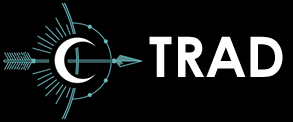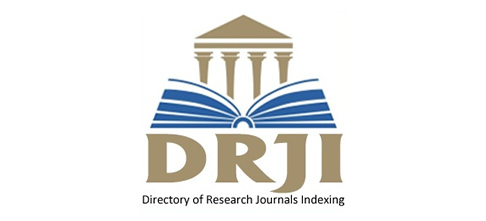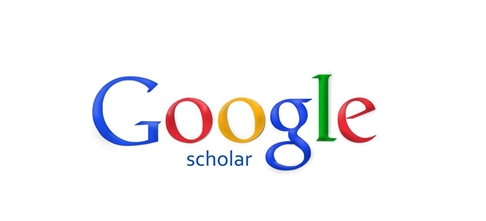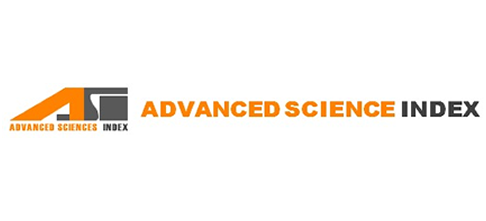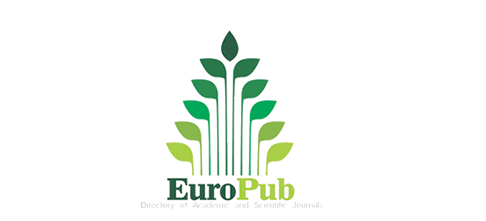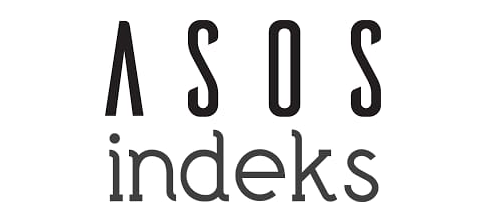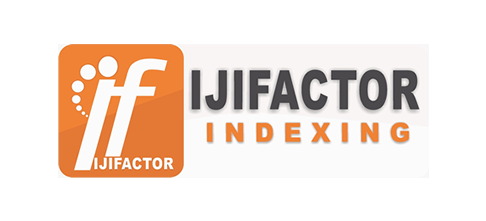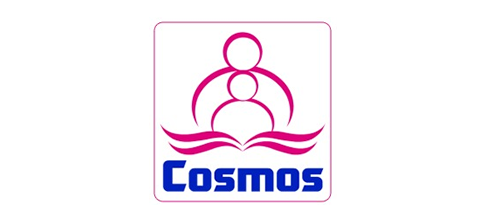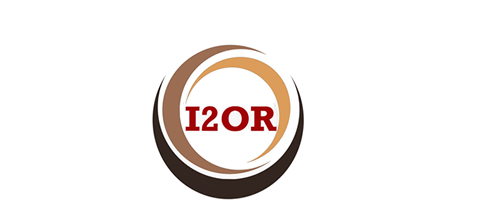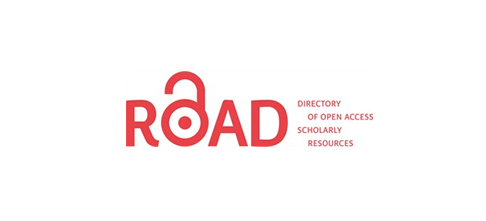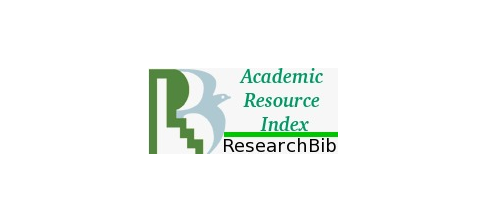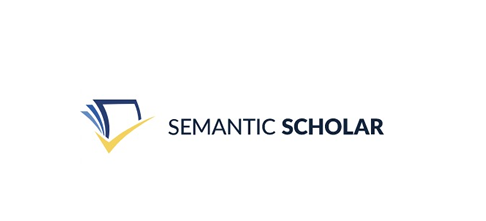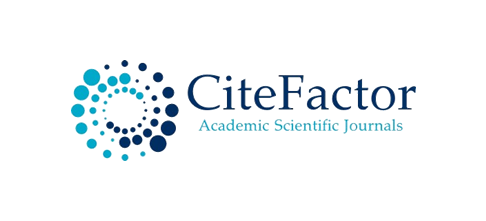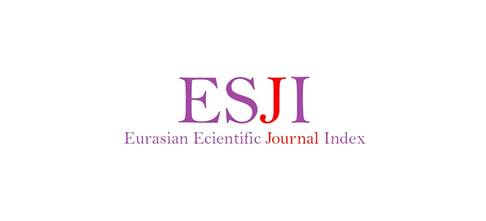Terörizm ve Radikalleşme Araştırmaları Dergisi – TRAD yayın değerlendirme sürecine aşağıdaki basamaklardan oluşmaktadır.
1. Terörizm ve Radikalleşme Araştırmaları Dergisine gönderilen çalışmalar öncelikle Editör’ün genel incelemesinden geçer. Bu ilk incelemeden geçemeyen makaleler doğrudan reddedilir. Bu aşamada; makalenin derginin amaç ve kapsamı dışında kalması, derginin yayın etiği ve yayın politikalarına aykırı olması, dergi yazım kurallarına uymaması, dergiye sunulacak yeterlilikte olmaması, makalede intihal tespit edilmesi gibi hususlarla karşılaşıldığında makale Editör tarafından reddedilir. Makalelerin ön kontrol ve hakem atama süresi ortalama 10 gündür. Editör dergiye gönderilen tüm makaleleri lisanslı bir intihal programı kullanılarak inceler. İntihal programıyla incelenen makaleler, kaynakça hariç %10 (dahil) ve üzeri benzerlik oranı çıkması halinde reddedilir.
2. Editör değerlendirmesini geçen makaleler için Dergi Yayın Koordinatörü tarafından inceleme başlatılır. Bu incelemede makalenin dergi yazım kurallarına uyumluluğu, çalışmanın daha önce başka bir yerde yayımlanıp yayımlanmadığı, makalenin hakeme gönderilecek yeterlilikte olup olmadığı araştırılır.
3. Dergi Yayın Koordinatörü değerlendirmesinin ardından makaleler hakem değerlendirmesine sunulur. Hakem süreci başladıktan sonra hakemlerin 7 gün davet süresi, 15 gün değerlendirme süreleri bulunmaktadır. Makale konunun uzmanı olan en az iki hakeme gönderilir. Hakemler belirlenirken tüm Editörler ile Yayın Kurulunun görüşlerine başvurulur. Gelen raporların çelişmesi veya yeterli bulunmamaları durumunda üçüncü hakem görüşüne başvurulur. İki hakem tarafından yayımlanması uygun bulunmayan çalışmalar reddedilir.
4. Terörizm ve Radikalleşme Araştırmaları Dergisi çift-kör isimsiz hakem inceleme yöntemi kullanmaktadır. Bu yöntem, inceleme süreci boyunca hem hakem hem de yazar kimliklerinin hakemlerden gizlendiği ve bunun tersi olduğu anlamına gelmektedir. Hakemlerce yapılması istenilen düzeltmeler mevcutsa makale bu isteklerle birlikte yazara geri gönderilir. Bu makaleler yazar tarafından yeniden düzenlenir ve aynı hakemlere yeniden sunulur. Bu aşamada hakemlerce yeterli bulunmayan çalışmalar reddedilir. Yazarlara verilen düzeltme süresi 15 gündür. Bu süre içinde düzeltme istekleri gerçekleştirilmeyen çalışmalar kabul edilmeyecektir. Editöre başvurulması ve editör tarafından uygun görülmesi halinde bu süre 10 güne kadar uzatılabilir.
5. Hakem değerlendirmesinden geçen makaleler nihai yayım kararı için Yayın Kuruluna gönderilir. Olumlu hakem raporları Yayın Kurulu için bağlayıcı değildir. Yayın Kurulu da makalenin reddine karar verebilir. Yayın Kurulu tarafından yayımlanması uygun bulunan çalışmalar, son inceleme, düzeltme ve yayın sırasına alınmak üzere Editör’e gönderilir. İngilizce yazılmış makaleler bu aşamada İngilizce Editör incelemesinden geçmektedir.

